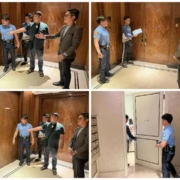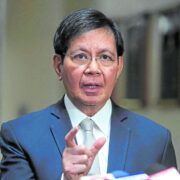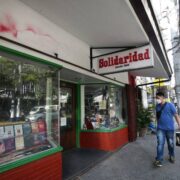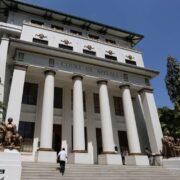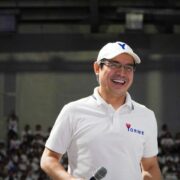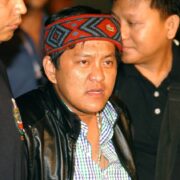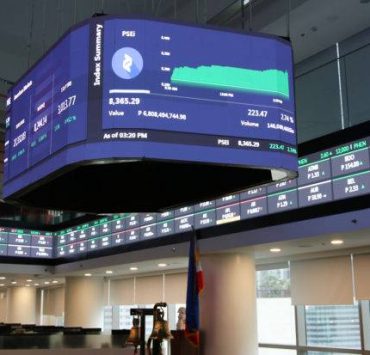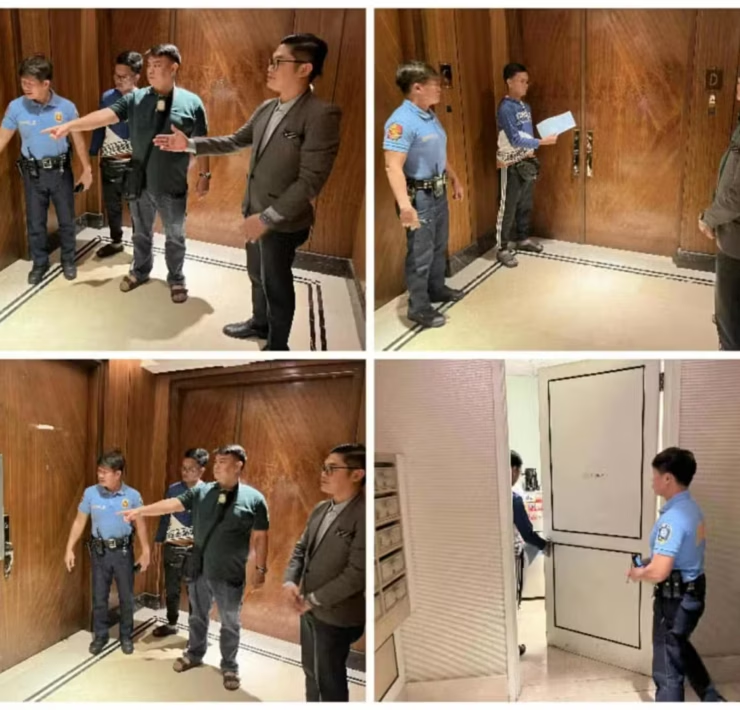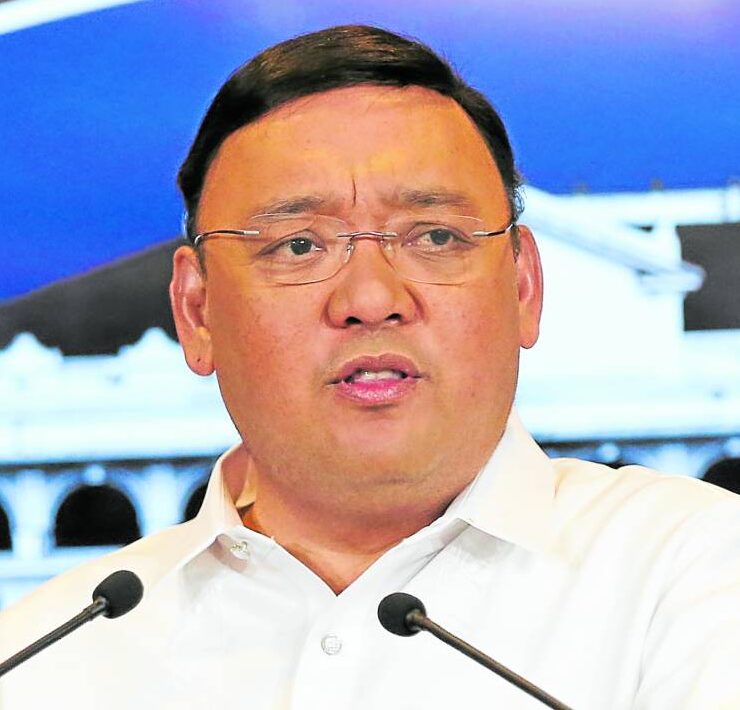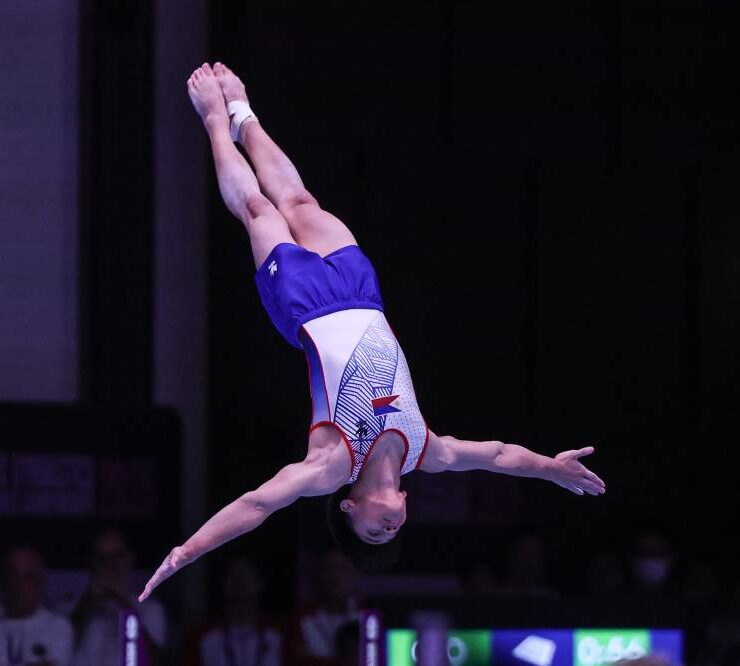PH tariff regime up for major review
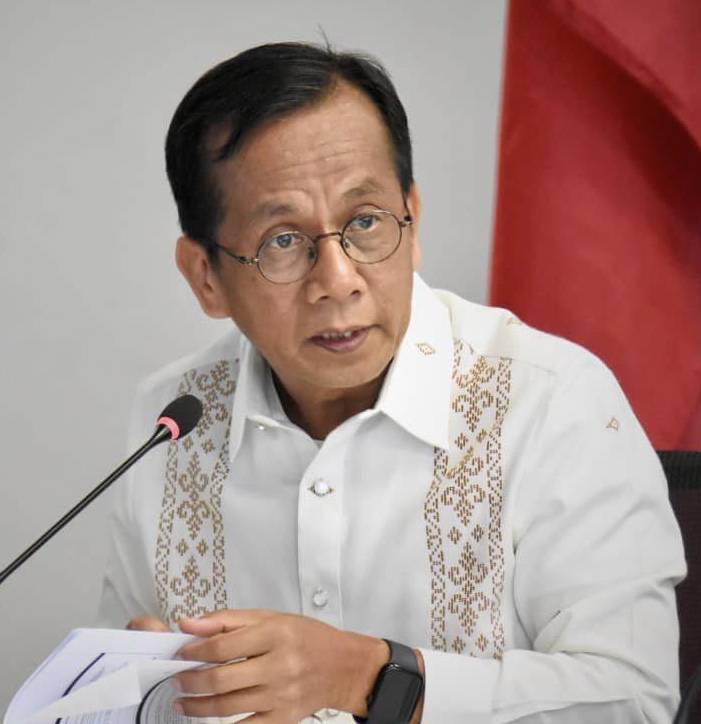
The Marcos administration is conducting a “comprehensive” review of the tariff regime in the country to address “distortions” being experienced by sectors enjoying low tariffs on their output but paying high import duties for raw materials needed for production.
At a press conference on Thursday, Secretary Arsenio Balisacan of the National Economic and Development Authority (Neda) said the competitive edge brought about by a low-tariff regime on certain manufacturing output was being negated by high tariffs on production inputs.
The review will cover tariffs on agricultural products to help ease pressures from elevated input costs at a time the country is battling persistently high inflation. In the case of rice—which is already covered by the Rice Tariffication Law—Balisacan said Neda would seek legal advice from the Department of Justice to determine if the staple grain could be included in the review.
The new tariff structure that will come out after the review will be implemented from 2025 to 2028, the Neda chief said.
“So you know many sectors are affected by highly distorted tariff structure. That’s what we are trying to streamline and to restructure, so that we can have a much more broad-based source of growth,” Balisacan said.
Government data showed inflation had quickened to 3.8 percent in April, from 3.7 percent in March, on the back of high food and transport costs.
Meanwhile, S&P Global’s latest survey of Philippine manufacturers showed that production costs continued to rise in April due to higher prices of raw materials. This, in turn, prompted local factories to increase their selling charges, albeit still at competitive levels, as input price inflation last month stayed “modest overall.”
EVs included
Once the review is finished, Balisacan said the restructured tariff regime would be implemented via an executive order (EO). The draft EO will be lined up for approval of the Neda board, which is chaired by President Marcos.
The high-level body will convene again in June.
Apart from agricultural products, Balisacan also wants to include in the comprehensive study the tariff regime on electric vehicles (EVs), the subject of a separate review of an existing EO.
EO 12, signed by Mr. Marcos in January last year, lowered the tariff rate for certain types of EVs from a range of 5 to 30 percent to zero import duty.
The document is undergoing a mandatory review by Neda, which is also hearing some proposals to include hybrid EVs in the suspension of import tariffs. Such a suggestion had been opposed by the trade department, arguing that including hybrid cars in EO 12 would go against the original policy purpose of promoting and expanding the use of pure EVs.
“We wanted to bring in e-vehicles and hybrid ones and some of them are already folded in [EO 12]. We have yet to agree whether we should fold it in [the comprehensive tariff review] or still a separate [EO],” Balisacan said. “So we needed guidance there.” INQ


